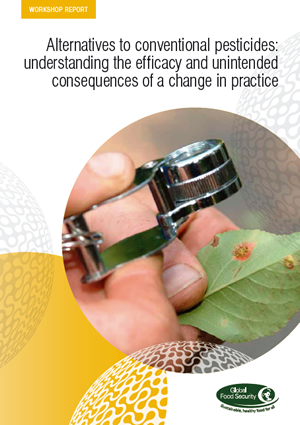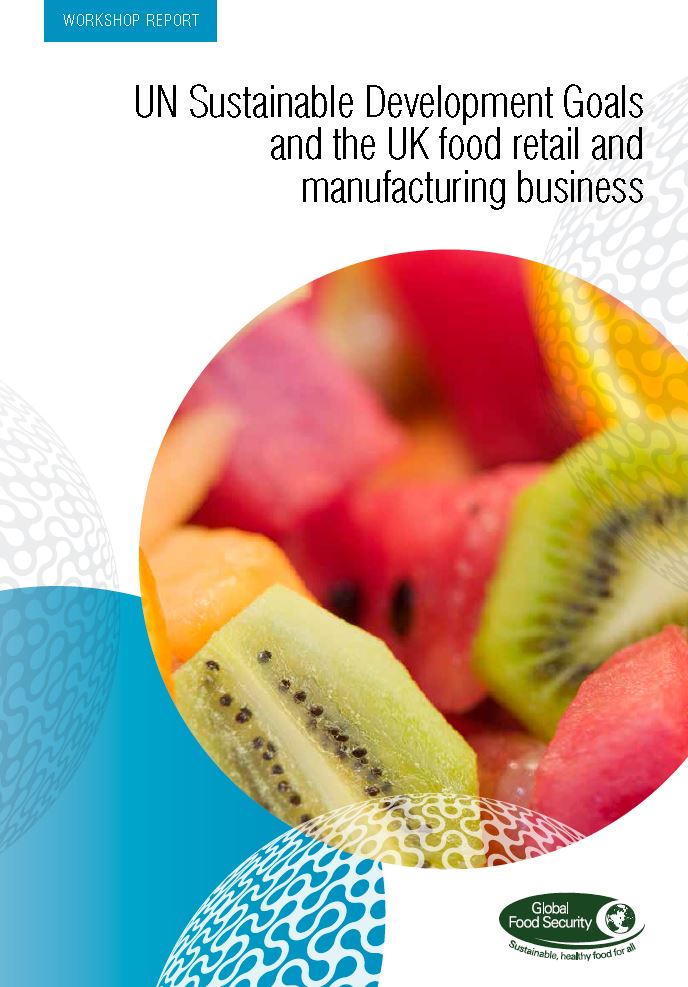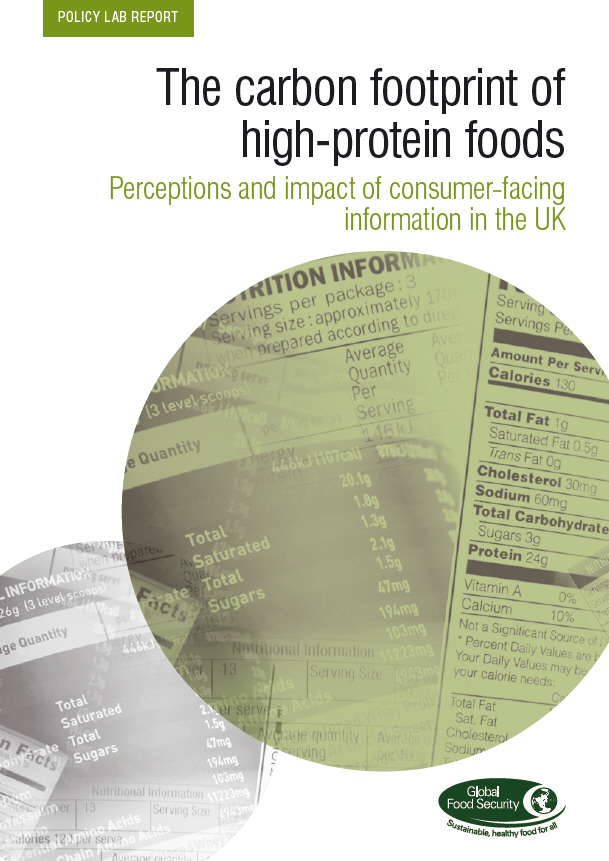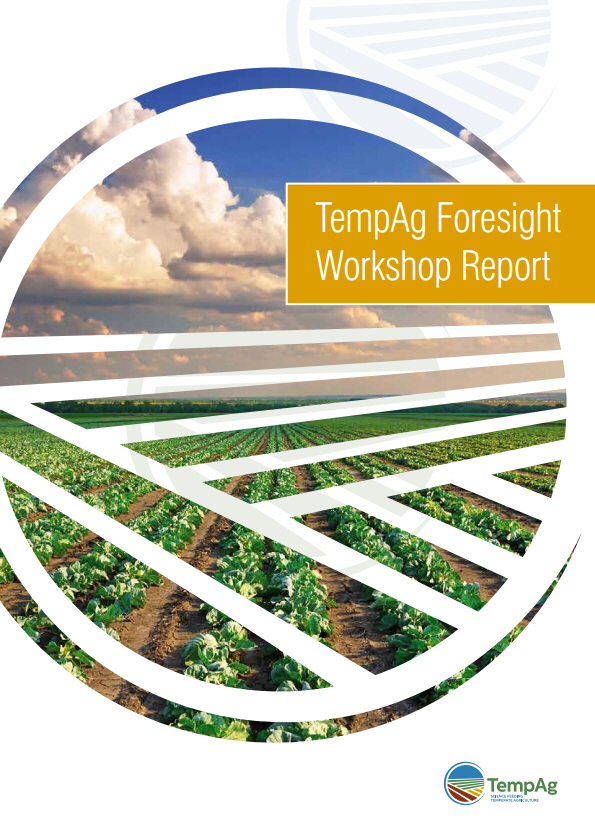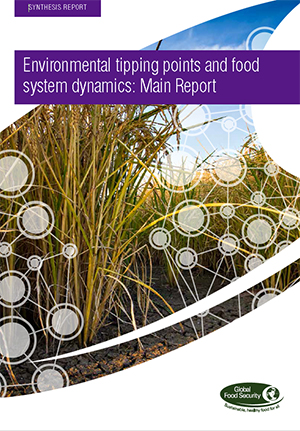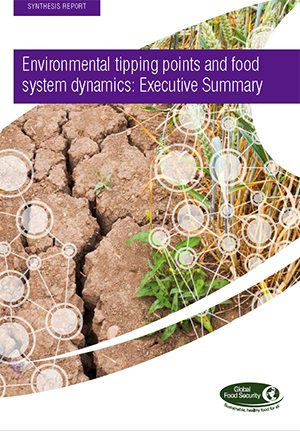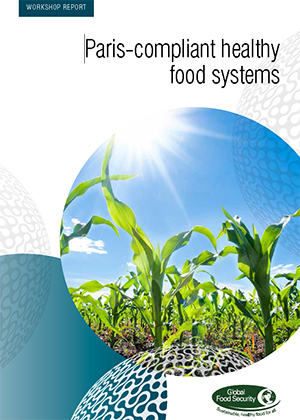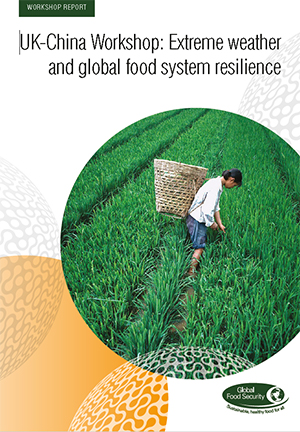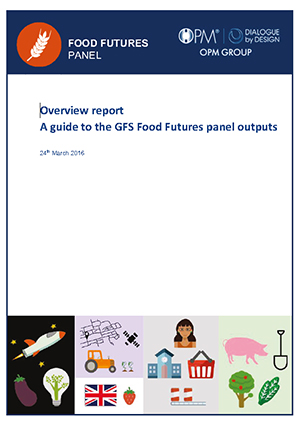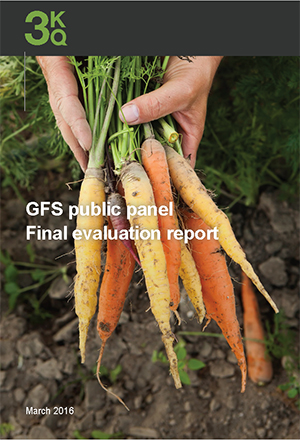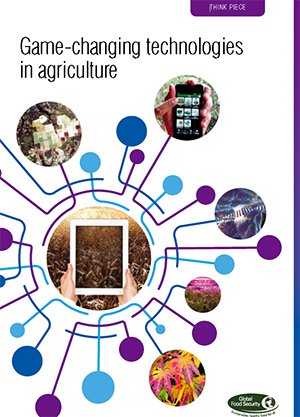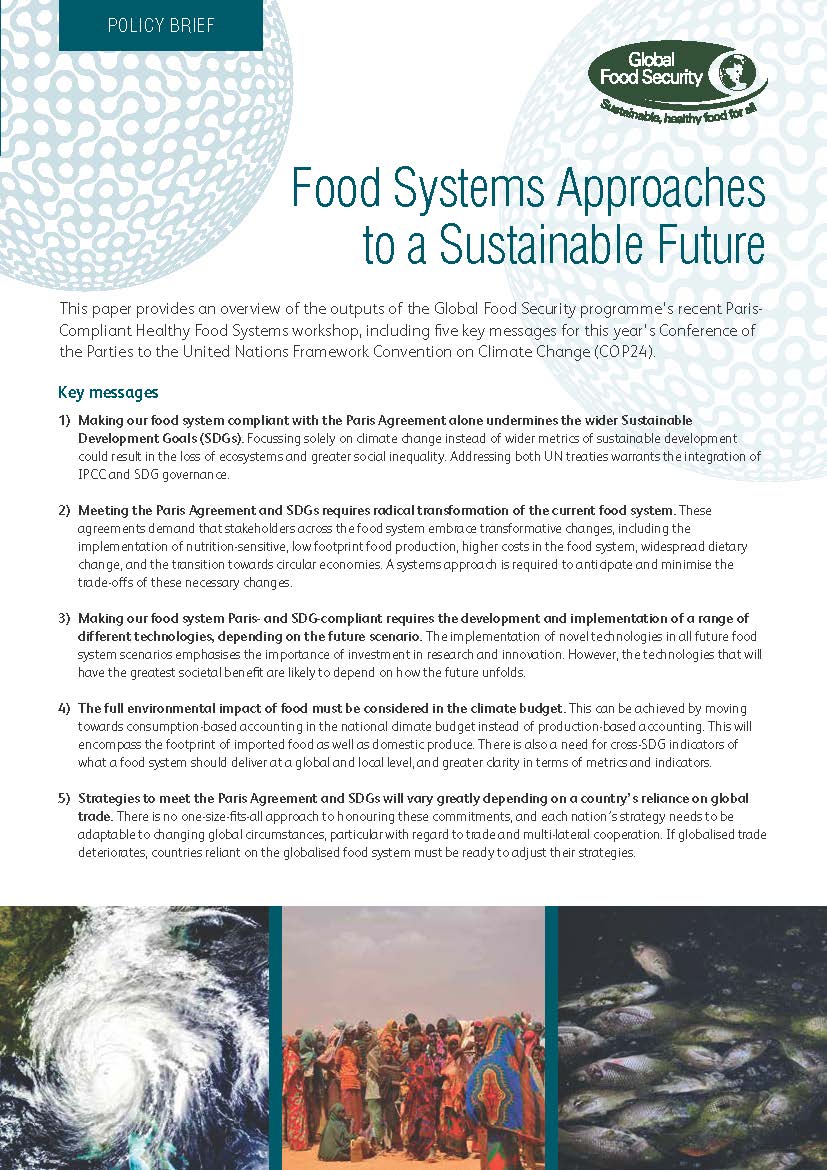
Food systems approaches to a sustainable future
This policy brief conveys five key messages for this year’s Conference of the Parties to the United Nations Framework Convention on Climate change (COP24), based on the outputs of the Global Food Security programme’s Paris-compliant healthy food systems workshop. This document outlines why a food systems approach is required to meet the Paris Agreement and the wider Sustainable Development Goals, as well as to ensure future food security for a rapidly growing global population in the face of ongoing climate change.
(You can view PDF documents by downloading a PDF reader. We recommend using Google Chrome or Mozilla Firefox web browsers.)


